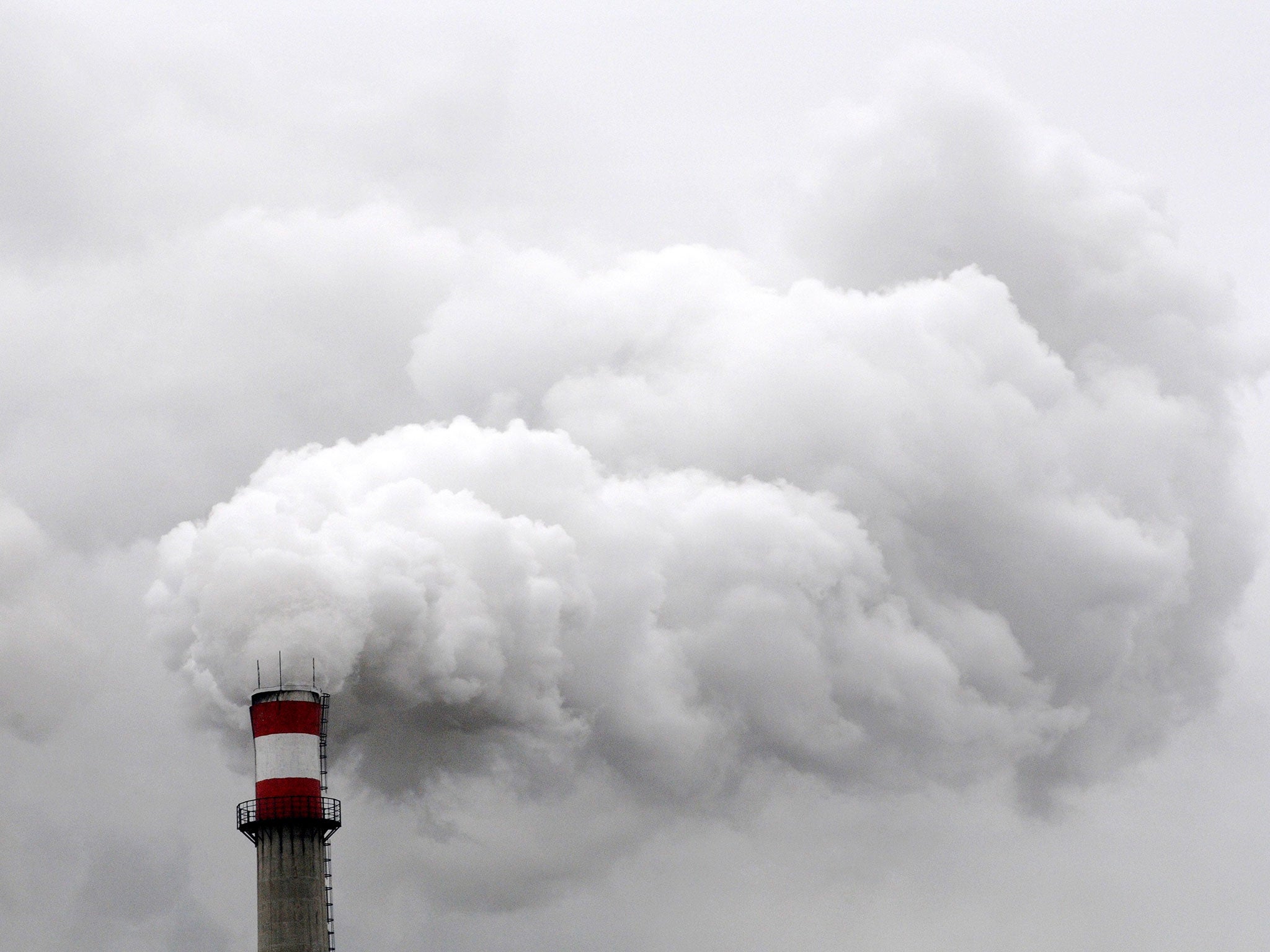Swiss firm Climeworks begins sucking carbon dioxide from the atmosphere in fight against climate change
Company's 'super ambitious' plan is to capture one per cent of annual emissions by 2025

Your support helps us to tell the story
From reproductive rights to climate change to Big Tech, The Independent is on the ground when the story is developing. Whether it's investigating the financials of Elon Musk's pro-Trump PAC or producing our latest documentary, 'The A Word', which shines a light on the American women fighting for reproductive rights, we know how important it is to parse out the facts from the messaging.
At such a critical moment in US history, we need reporters on the ground. Your donation allows us to keep sending journalists to speak to both sides of the story.
The Independent is trusted by Americans across the entire political spectrum. And unlike many other quality news outlets, we choose not to lock Americans out of our reporting and analysis with paywalls. We believe quality journalism should be available to everyone, paid for by those who can afford it.
Your support makes all the difference.A Swiss company has opened what is believed to be the world’s first ‘commercial’ plant that sucks carbon dioxide from the atmosphere, a process that could help reduce global warming.
Climeworks, which created the plant in Hinwil, near Zurich, told the Carbon Brief website that the process was currently not making money.
However the firm expressed confidence they could bring down the cost from $600 per tonne of the greenhouse gas to $200 in three to five years with a longer term target of $100.
And its “super-ambitious” vision is to capture one per cent of annual global carbon emissions by 2025, which would involve building hundreds of thousands of the devices.
The captured gas is currently being sold, appropriately enough, to a greenhouse that grows fruit and vegetables.
However it could also be used to make fizzy drinks and renewable fuels or stored underground.
One of the company’s founders, Christoph Gebald, told Carbon Brief: “With this plant, we can show costs of roughly $600 per tonne, which is, of course, if we compare it to a market price, very high.
“But, if we compare it to studies which have been done previously, projecting the costs of direct air capture, it’s a sensation.”
Previous research into the idea had assumed a cost of $1,000 per tonne.
“We are very confident that, once we build version two, three and four of this plant, we can bring down costs,” Mr Gebald said.
“We see a factor [of] three cost reduction in the next three to five years, so a final cost of $200 per tonne. The long-term target price for what we do is clearly $100 per tonne of CO2.”
He said such a carbon capture system could start to make an impact on emissions on a global scale, but this might require a price to be put on carbon emissions. The European Union and some other countries around the world have put a price on carbon for some major emitters, but environmentalists have complained it is too low and fails to reflect the true cost.
“The vision of our company is to capture [one] per cent of global emissions by 2025, which is super ambitious, but which is something that is feasible,” Mr Gebald said.
“Reaching one per cent of global emissions by 2025 is currently not possible without political will, without a price on carbon, for example. So it’s not possible by commercial means only.”
Join our commenting forum
Join thought-provoking conversations, follow other Independent readers and see their replies
Comments